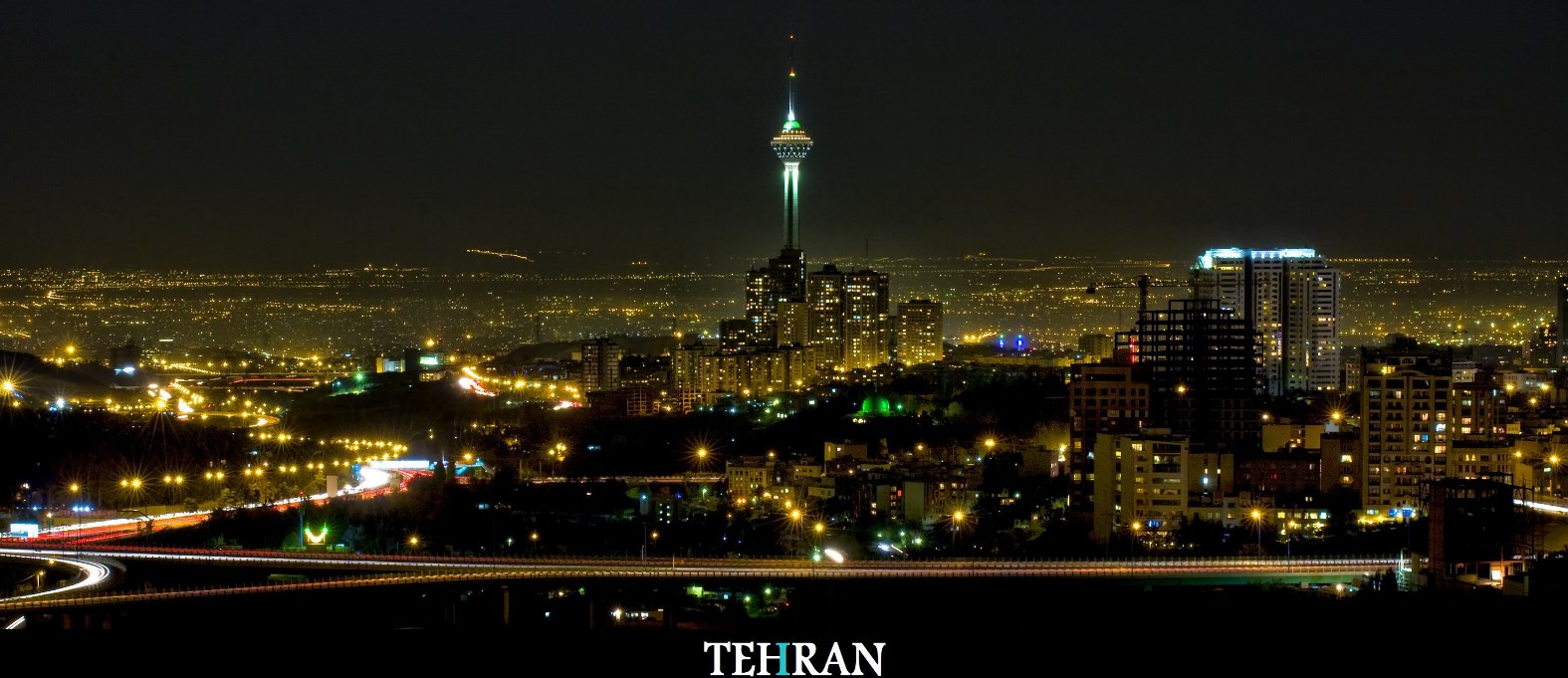
Airbus says it has made contacts with Iran to re-enter the country’s aircraft market which has a potential order list for 500 commercial planes.

“We have made some contacts, yes,” the Financial Times quoted head of Airbus’s passenger jet unit Fabrice Bregier as saying.
Iran has been on the radar of Airbus and other aircraft manufacturers since the country reached a nuclear accord last July. Their anticipation is finally coming to an end with the lifting of sanctions, reportedly in the few coming days.
“This is potentially a huge market for Airbus and our competitors,” Bregier said of Iran which operates an aging fleet of airplanes in dire need of renovation.
After the lifting of the sanctions, “we would have no reason not to consider Iranian airlines as a normal customer like the rest of the world,” he said.
Airbus and Boeing have a sanctions regime in place against Iran since the Islamic Revolution which toppled the US-backed shah. As a result of the embargoes, hundreds of Iranians have lost their lives in a a series of air crashes.
Iran’s first post-revolution contacts with the two leading plane manufactures came after Tehran reached an initial nuclear agreement in November 2013. Under the accord, Airbus and Boeing were allowed to provide spare parts and safety manuals to Iran.
According to Minister of Roads and Urban Development Abbas Akhoundi, Iran’s civil aviation fleet consists of 248 aircraft with an average age of 20 years, of which 100 are in storage.
This undated photo shows an Iran Aseman Airlines Airbus A320-231 taxing on the runway at Mehrabad Airport, Tehran.
The country will need to buy 500 commercial jets of various models at a cost of $50 billion and has been talking to both Airbus and Boeing to acquire aircraft under lease or sale/leaseback deals, he has said before.
“Since there is no such money in existence in Iran, we have to go after the leaseback method,” the Tasnim news agency quoted him as saying last November.
“If we try to buy new aircraft, we will need 400 jets to develop our long- and medium-haul fleet and at least 100 planes for use in our local airports which will cost $50 billion with a rule of thumb,” Akhoundi said.
As for Airbus, the minister has said the European company made up about 50% of Iran’s aviation fleet and the two sides were “in direct negotiations.’
Airbus’s Bregier said commercial discussions had not yet begun as Western companies were banned from such talks until the nuclear agreement was implemented.
